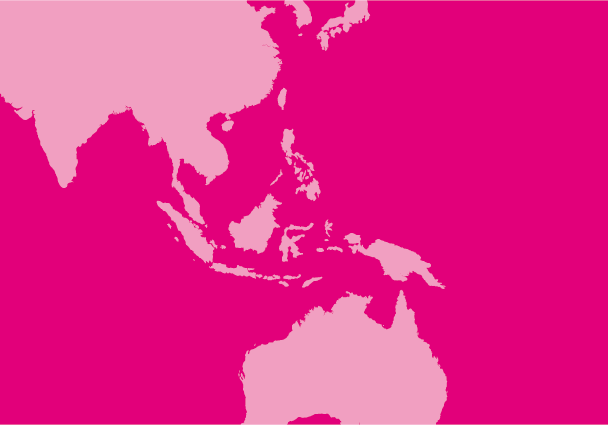The ICJ has responded sharply to the comments made by the British Foreign Secretary Douglas Hurd on the recent ICJ report on Hong Kong.
The report, issued on 28 April in London, Sydney, Hong Kong and Geneva, strongly criticized what is described as the failure of the United Kingdom to protect the rights guaranteed by international law to the people of Hong Kong. Singled out for special criticism was the failure of the British government to afford the people of Hong Kong the right to self-determination, which the ICJ report said was a breach of international law.
Under an arrangement made between the British and Chinese governments, the colony of Hong Kong is to be handed over to China in 1997 without any act of self-determination by the people of Hong Kong at the end of their government as a British colony.
Mr. Hurd was reported as saying in London on 30 April that “harsh words and diplomatic commotions” would upset confidence in Hong Kong, essential to its “capitalistic” future. Foreign Office aides were reported as saying that Mr. Hurd intended his “tough words” at a banquet of the diplomatic corps given by the Lord Mayor of London to be “a rebuttal of some of the charges” in the ICJ report.
In a statement issued by the ICJ in Geneva on 9 May, the ICJ rejected Mr. Hurd’s statement. ICJ Secretary-General Adama Dieng said: “A meeting of the full Executive Committee of the ICJ considered Mr. Hurd’s remarks. It included judges and lawyers from all regions of the world. The Executive Committee unanimously endorsed the report of the ICJ mission to Hong Kong, which was led by Sir William Goodhart, Q.C. of the United Kingdom.
“The ICJ Executive Committee decided to take steps to ensure that the conclusions and recommendations of the report were drawn to the notice of the international community through the UN Commission on Human Rights and other organs of the United Nations. It also decided to hold a future meeting in Hong Kong and to suggest local discussion there of the ICJ report and its conclusions.”
The Chairman of the ICJ Executive Committee, Justice Michael Kirby, President of the Court of Appeal of New South Wales, Australia, said in Geneva following the meeting: “Mr. Hurd’s aides may think he has rebutted the ICJ report. But it will take more than a few words at a gilded banquet to do so. The British record in decolonization this century is in many respects admirable. But in relation to Hong Kong it is shabby in the extreme. The ICJ report shows this in plain terms. It was about time someone said it bluntly. Britain is handing over five million British subjects without asking what they want for their future. That is totally unacceptable by international law.
“If the United Kingdom is too pusillanimous to see this, it is clear that those concerned with the rules of international law must appeal to the wider international community in the UN. That is what the ICJ will do. And it will make sure that the people of Hong Kong who have accepted British notions of individual rights, the Rule of Law and an independent judiciary know that there are people of principle who will stand up for their rights. It may be hoped that the new Governor of Hong Kong – who may be its last – will have more backbone than those who have negotiated this ignominious betrayal.”
The International Commission of Jurists (ICJ), headquartered in Geneva, is a non-governmental organization in consultative status with the United Nations Economic and Social Council, UNESCO, the Council of Europe and the OAU. Founded 40 years ago, its task is to defend the Rule of Law throughout the world and to work towards the full observance of the provisions in the Universal Declaration of Human Rights. The ICJ has been a driving force behind the adoption of numerous international declarations and standards including the UN Basic Principles on the Role of Lawyers, the UN Basic Principles on the Independence of the Judiciary, the European Convention Against Torture and the African Charter of Human and Peoples’ Rights. It is composed of 31 distinguished jurists from around the globe and has 75 national sections and affiliated organizations.





